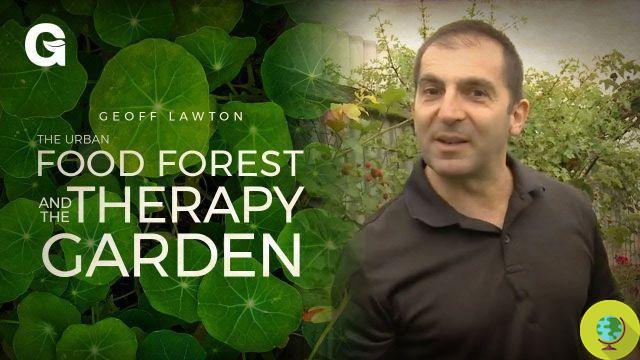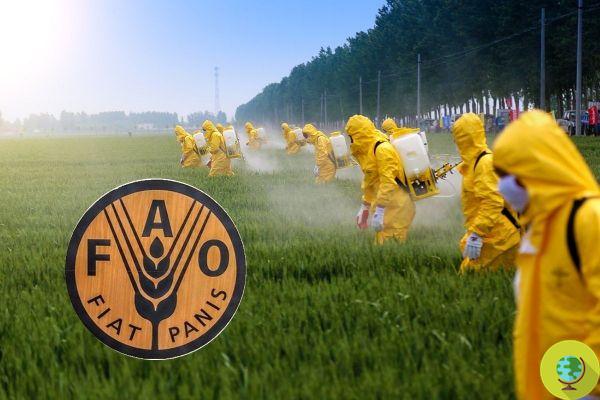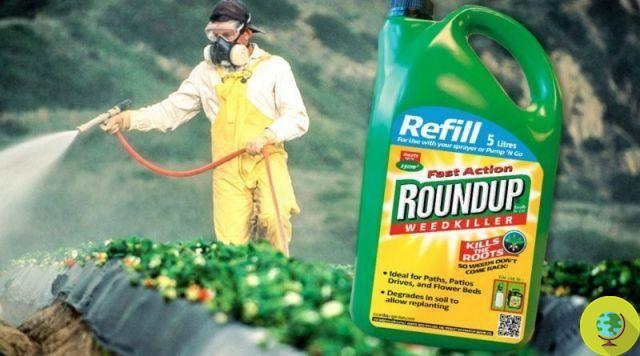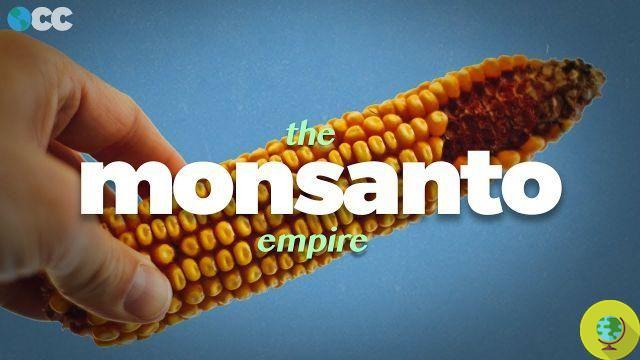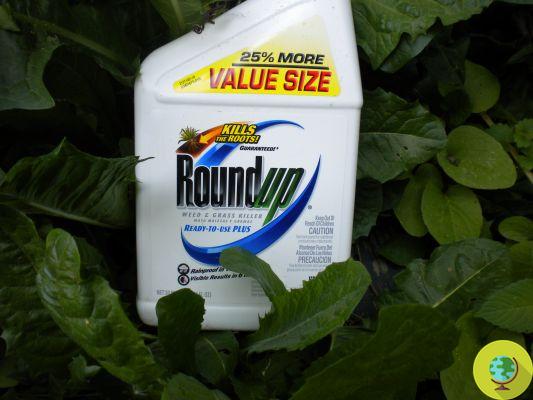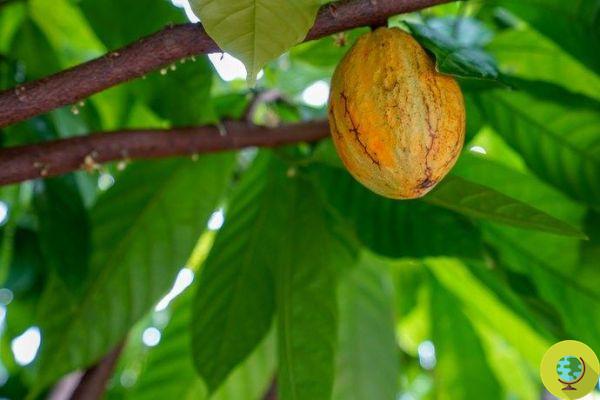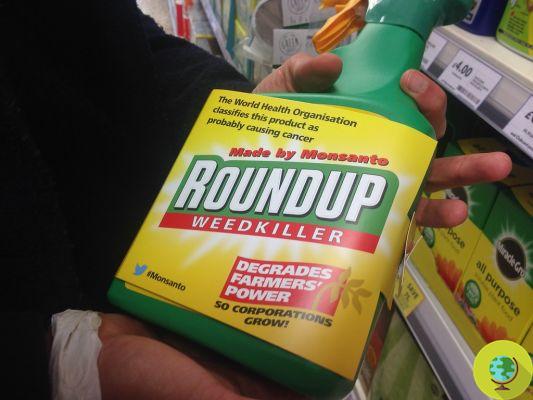Monsanto wants to patent the rose that does not wither. He filed a patent application with a method that would allow the flowers to remain as they are after harvest, with particular reference to roses, carnations and petunias.
Monsanto wants to patent one rose that does not wither after harvest. He has filed a patent application with a method that would allow the flowers to remain as they are after being picked, with particular reference to roses, carnations and petunias.
The multinational of GMOs is not content with expanding its power in the agriculture and food sector but is stretching its tentacles on the world of floriculture. In any case, the goal is clear: increase production dramatically without taking into account the rhythms and cycles of nature.
Monsanto is now known worldwide as a producer of GMO seeds and Roundup herbicide based on glyphosate, a substance that last year was probably declared carcinogenic by the IARC and that more and more states are considering banning because it risks posing a threat to the environment and health.
The multinational wants to impose a monopoly on genetically modified seeds resistant to herbicides, including the Roundup that it produces itself. Roses are among the most loved and sold flowers in the world, especially in the form of cut flowers. Here then is that creating roses that do not wither could transform the world of floriculture and allow Monsanto to make new economic gains.
Monsanto is trying to patent one temporary modification of the DNA of roses, carnations and petunias to limit the production of substances that cause these flowers to wilt. It is one of the attempts of the multinational to develop temporary genetic modifications, while as regards GM seeds, these modifications are permanent.
Read also: ARCTIC APPLE: GREEN LIGHT FOR THE GMO APPLE THAT NEVER WITHERS

With this idea he would like to stop the production of ethylene in cut flowers, a substance that is naturally generated and causes them to wilt after harvest. Ethylene gas, for example, is used in some cases at an industrial level to accelerate fruit ripening. The application was submitted by Monsanto to the US Patent and Trademark Office.

Those who support this possibility underline that the novelty could help the floriculture sector to use fewer chemicals during the transport of cut flowers to preserve them longer, but those who criticize the idea remember that small flower growers will certainly not be able to afford the costs of the patent. .
Furthermore, supporting this innovation from Monsanto would mean contributing to the growth of a multinational that wants to monopolize world agriculture through the spread of GM crops and herbicides, to the detriment of biodiversity and sustainable agriculture.
Roses better keep growing naturally in our gardens, don't you think?
Marta Albè





